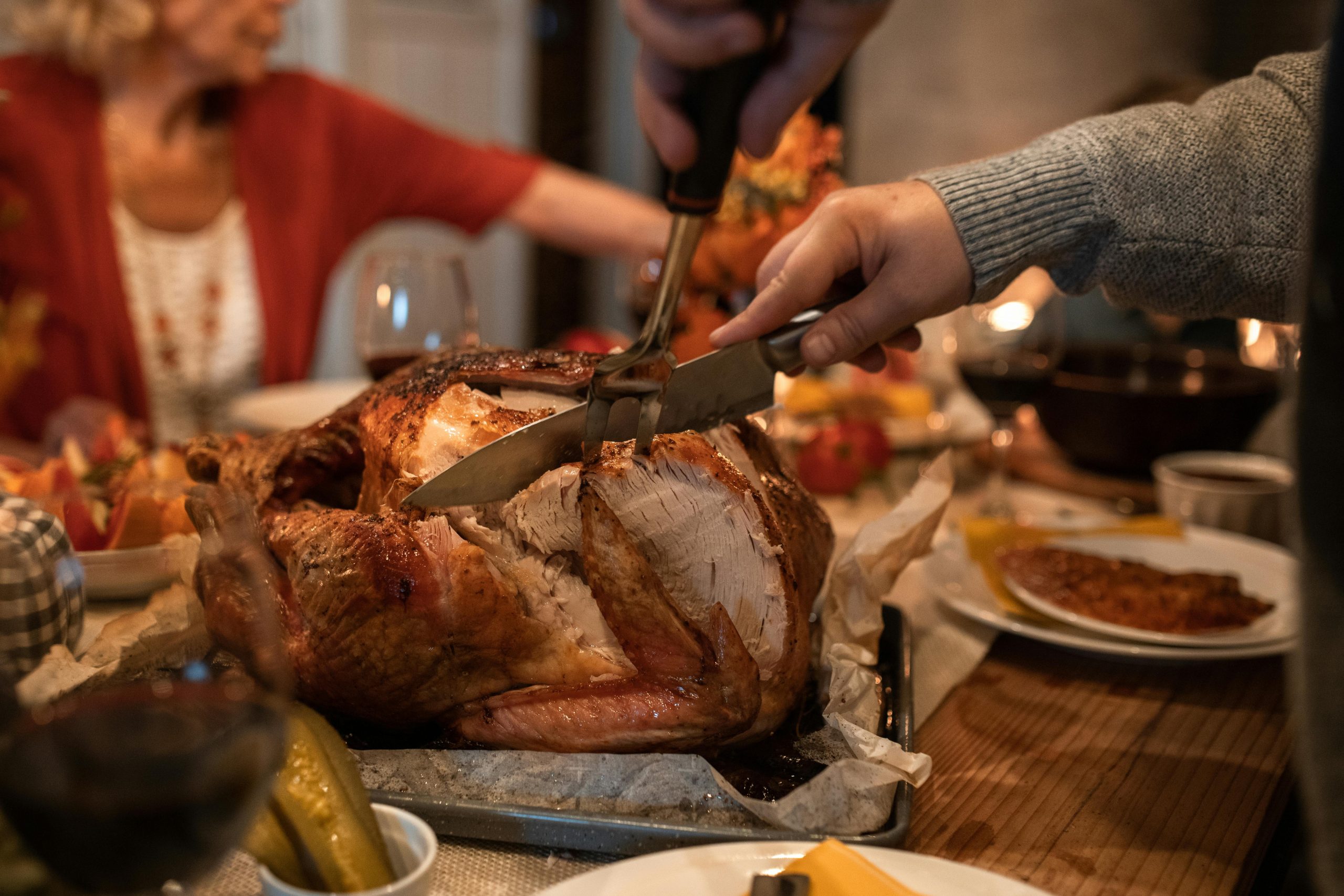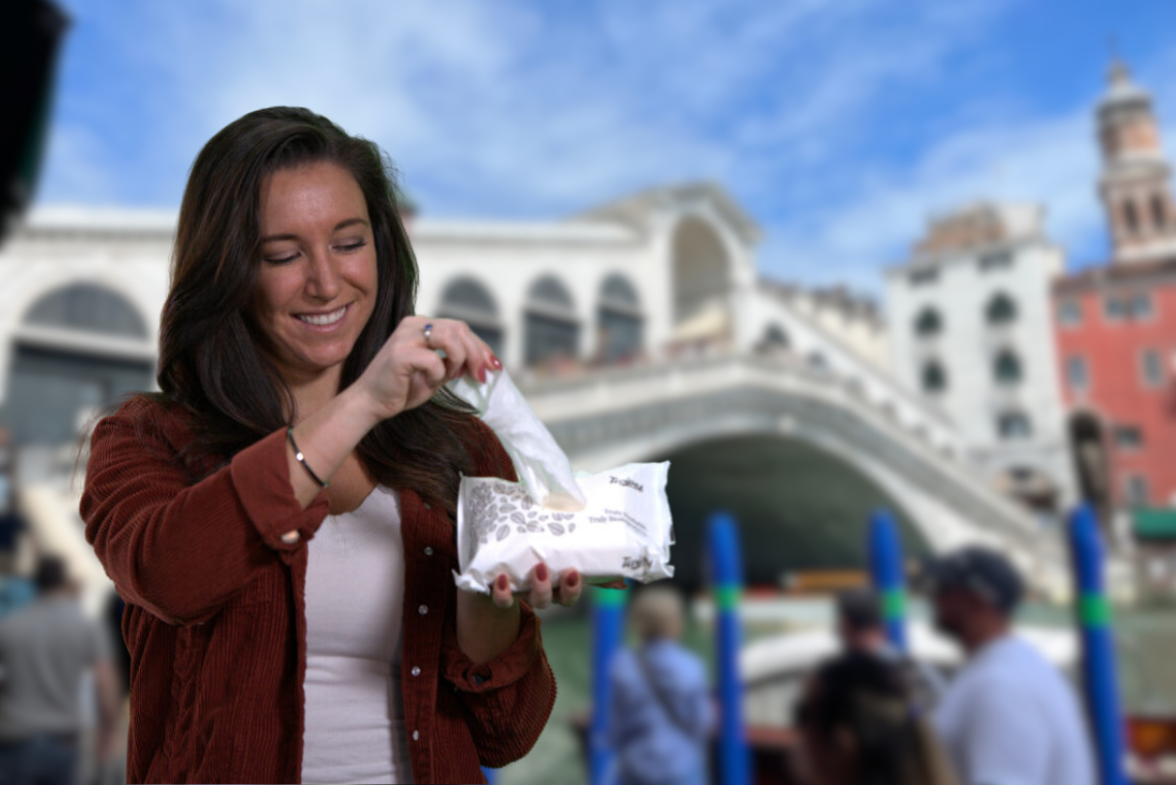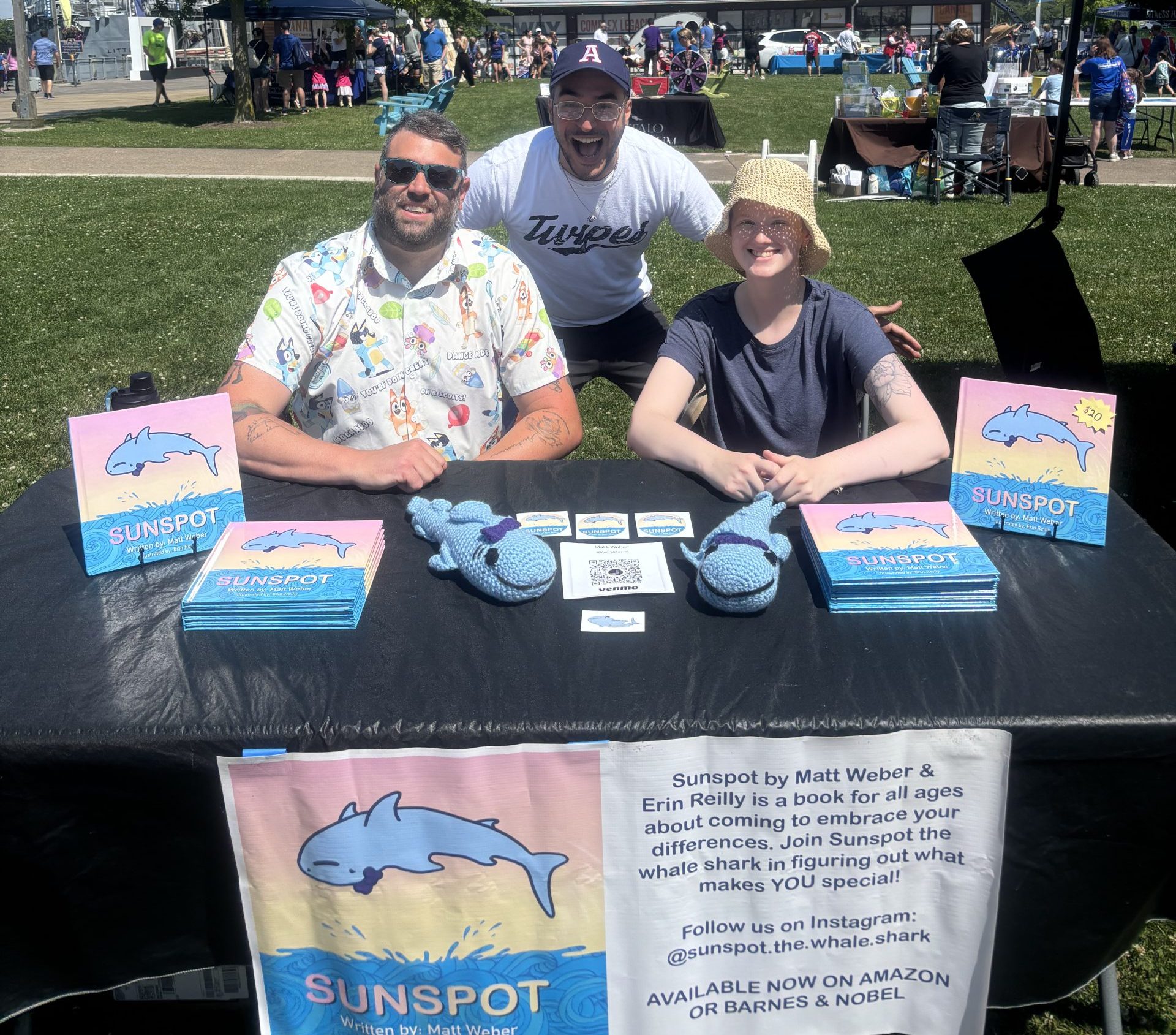In America, Thanksgiving is a time for feasting, family, and celebration. However, amidst the joy of cooking and sharing a delicious meal, it’s important to consider the environmental impact of our actions. One hidden issue that can arise from holiday festivities is the formation of fatbergs — large, troublesome masses of grease and waste that can wreak havoc on our sewer systems. In this blog post, we’ll explore what fatbergs are, why they matter, and how you can prevent them this Thanksgiving with the help of Twipes.
What are fatbergs?
Fatbergs are massive, solidified clumps of fat, grease, oil, and other waste that accumulate in the sewer system. They form when cooking oils and fats are poured down the drain, where they cool and combine with other debris like non-biodegradable wipes, sanitary products, and food scraps. As these substances congeal, they create a dense, sticky obstruction that can block pipes, cause sewer backups, and lead to costly repairs.
The formation of fatbergs is not only a nuisance for municipal sewer systems but also environmental concern. When fatbergs block sewer lines, they can cause untreated sewage to overflow into rivers and oceans, leading to water pollution and harm to aquatic life.
Why fatbergs matter to Twipes
At Twipes, our mission is to promote sustainable and environmentally friendly practices. We’re dedicated to reducing waste and improving the impact of daily activities on our planet. Addressing the issue of fatbergs aligns with our commitment to environmental stewardship and responsible consumption. By raising awareness about how to prevent fatbergs, we hope to encourage practices that contribute to a cleaner healthier environment for everyone.
How to prevent fatbergs this Thanksgiving:
Dispose of grease properly
One of the main contributors to fatbergs is grease from cooking. Rather than pouring leftover grease or oil down the drain, collect it in a container and let it cool. Once it’s solidified, you can dispose of it in your regular trash. Some people also choose to recycle cooking oil at designated drop-off points, which may be available in your community. Check local resources to see if there are recycling options in your area.
Use a fat separator
A fat separator is a handy kitchen tool that allows you to separate grease from your cooking liquids. After cooking, pour the liquid into the separator and let it settle. The grease will rise to the top, where you can easily pour it off into a container for disposal. This simple step can significantly reduce the amount of fat that ends up in your sink.
Wipe plates and pans before washing
Before rinsing dishes and cookware, use a paper towel or cloth to wipe off any excess grease or oil. This practice prevents large amounts of fat from entering your drain. Consider using biodegradable wipes, such as those from Twipes, that are designed to break down more easily and are better for the environment.
Be mindful of what goes down the drain
In addition to grease, other items like food scraps and wipes can contribute to fatbergs. Avoid putting large food particles or non-flushable items down the drain. Use a strainer in your sink to catch food scraps and dispose of them in the compost or trash. Always choose products that are biodegradable and safe for your plumbing system.
Educate and share
Spread the word about the impact of fatbergs and how to prevent them. Share tips with family and friends, especially as they prepare for Thanksgiving. By raising awareness, we can collectively reduce the risk of fatbergs and their environmental impact.
Support sustainable practices
Consider supporting businesses and products that align with sustainable practices, such as Twipes. Our biodegradable wipes are designed with the environment in mind and help reduce waste. By choosing eco-friendly products, you contribute to a more sustainable future and help minimize the impact of holiday waste.
The role of Twipes in preventing fatbergs
Twipes is committed to providing sustainable solutions that help minimize environmental impact. Our wipes are 100% flushable and biodegradable and designed to break down more easily than traditional wipes, reducing the risk of contributing to sewer blockages and fatbergs. By choosing Twipes, you’re making a choice that supports our mission to protect the environment and promote responsible consumption.
In addition to using eco-friendly products, we advocate for responsible waste disposal practices. Preventing fatbergs is just one example of how small changes in our daily habits can make a big difference. By incorporating these practices into your Thanksgiving festivities, you’re helping to keep our sewer systems running smoothly and protecting our waterways from pollution.
Thanksgiving is a time for celebration and gratitude, but it’s also an opportunity to make choices that benefit our environment. By taking simple steps to prevent fatbergs, you can enjoy your holiday feast while contributing to a cleaner, healthier planet. Twipes is here to support you in making sustainable choices and reducing waste. Together, we can make a positive impact and ensure that our holiday celebrations are both joyful and environmentally responsible.
Thank you for joining us in our mission to promote sustainability. Happy Thanksgiving!
To learn more about how you can celebrate this holiday season sustainably, visit twipes.com.



